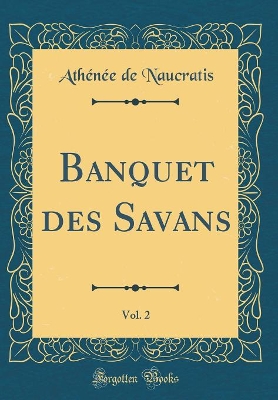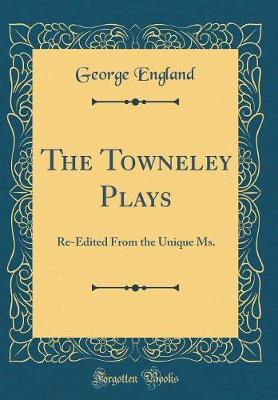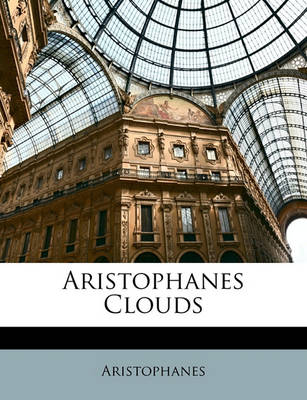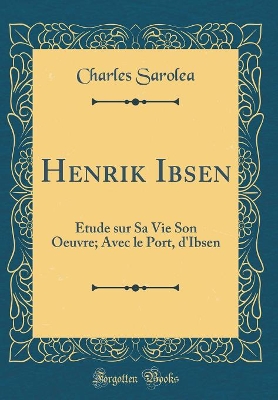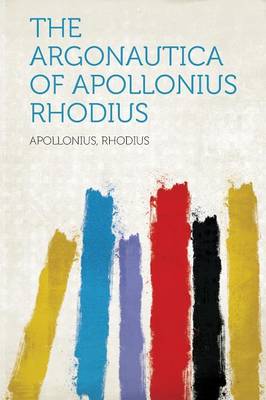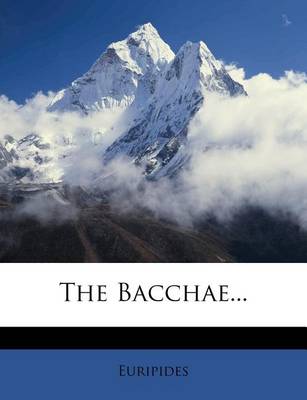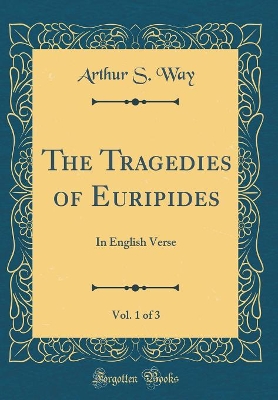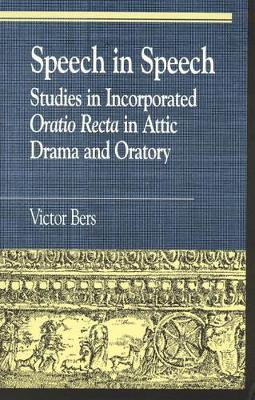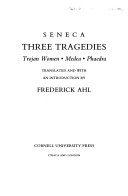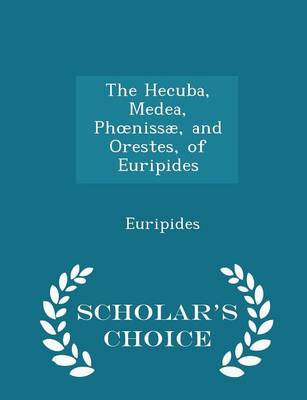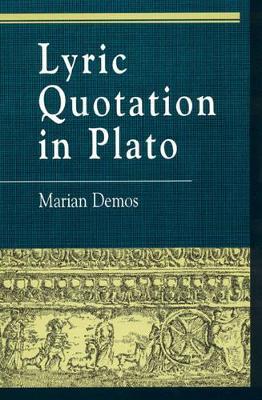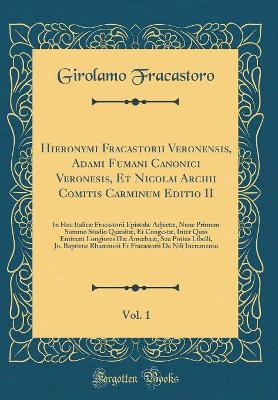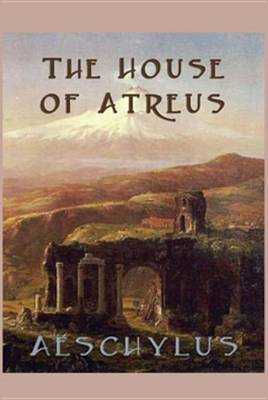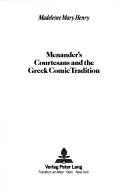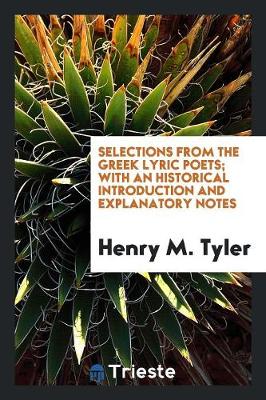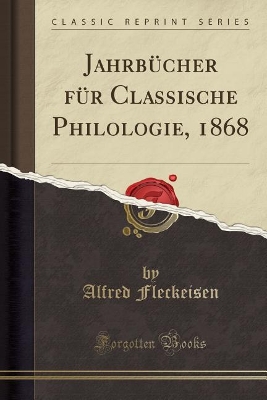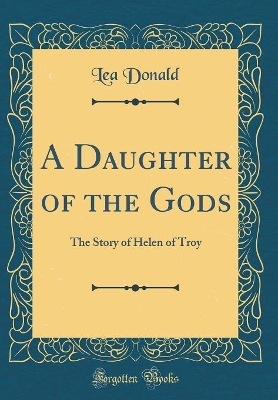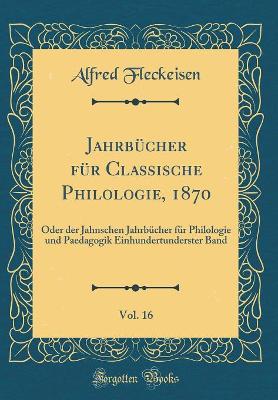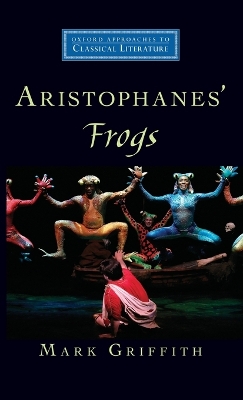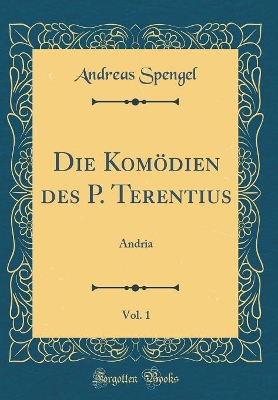Banquet des Savans, Vol. 2 (Classic Reprint)
by Athenee de Naucratis
The Towneley Plays: Re-Edited From the Unique Ms. (Classic Reprint)
by George England
Henrik Ibsen: Étude sur Sa Vie Son Oeuvre; Avec le Port, d'Ibsen (Classic Reprint)
by Charles Sarolea
The Tragedies of Euripides, Vol. 1 of 3: In English Verse (Classic Reprint)
by Arthur S Way
Speech in Speech (Greek Studies: Interdisciplinary Approaches)
by Victor Bers
Speech in Speech explores the techniques by which Classical Greek texts written primarily for public performance weave in direct quotations (oratio recta) of "other voices"-imagined or real. This "speech in speech" is usually perceived as endowed with a greater vividness and authenticity than indirect quotation, even when the words report what someone might say, or enliven the verbal texture of plays and speeches, and examines the intricate relation of direct quotations to their "originals". As...
Unlike some other reproductions of classic texts (1) We have not used OCR(Optical Character Recognition), as this leads to bad quality books with introduced typos. (2) In books where there are images such as portraits, maps, sketches etc We have endeavoured to keep the quality of these images, so they represent accurately the original artefact. Although occasionally there may be certain imperfections with these old texts, we feel they deserve to be made available for future generations to enjoy.
The Hecuba, Medea, Phoenissae, and Orestes, of Euripides - Scholar's Choice Edition
by Euripides
Lyric Quotation in Plato (Greek Studies: Interdisciplinary Approaches)
by Marian Demos
In this book, Marian Demos demonstrates the significance of three famous lyric quotations within their respective contexts in the dialogues of Plato. Demos reminds us that familiarity with the lyric poets was part of the educational background of Plato and his audience; therefore, she argues, Socrates is portrayed in the Platonic dialogues not only as a philosopher but also as someone with poetic sensibilities. Demos first investigates the Simonides poem in the Protagoras, showing that Plato has...
Hieronymi Fracastorii Veronensis, Adami Fumani Canonici Veronesis, Et Nicolai Archii Comitis Carminum Editio II, Vol. 1: In Hoc Italicæ Fracastorii Epistolæ Adjectæ, Nunc Primum Summo Studio Quæsitæ, Et Congestæ, Inter Quas Eminent Longiores Illæ Ambææ,
by Girolamo Fracastoro
Menander's Courtesans and the Greek Comic Tradition (Studien zur Klassischen Philologie, v. 20)
by Madeleine Mary Henry
Jahrbucher Fur Classische Philologie, 1868 (Classic Reprint)
by Alfred Fleckeisen
A Daughter of the Gods: The Story of Helen of Troy (Classic Reprint)
by Lea Donald
Chikamatsu (Translations from the Asian Classics)
by Professor C Andrew Gerstle
Aristophanes' Frogs (Oxford Approaches to Classical Literature)
by Mark Griffith
Aristophanes is widely credited with having elevated the classical art of comedy to the level of legitimacy and recognition that only tragedy had hitherto achieved, and producing some of the most intriguing works of literature to survive from classical Greece in the process. Among them, Frogs has a unique appeal; written and performed in 405 BCE, the comedy won first prize in that year's Lenaea festival competition and was re-performed soon thereafter-a rare occurrence for comedies at the time....
Die Komödien des P. Terentius, Vol. 1: Andria (Classic Reprint)
by Andreas Spengel
